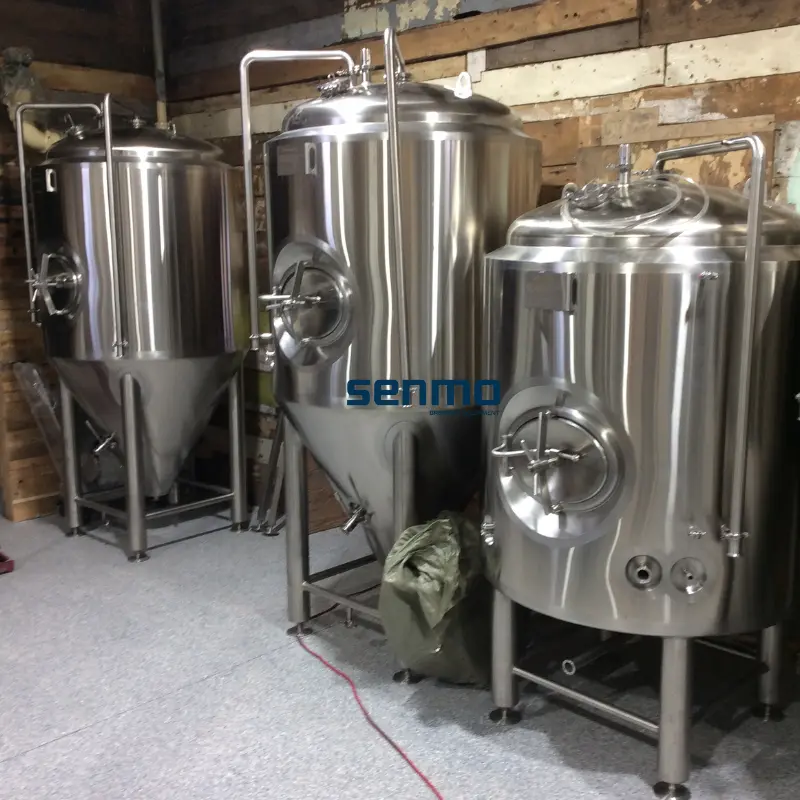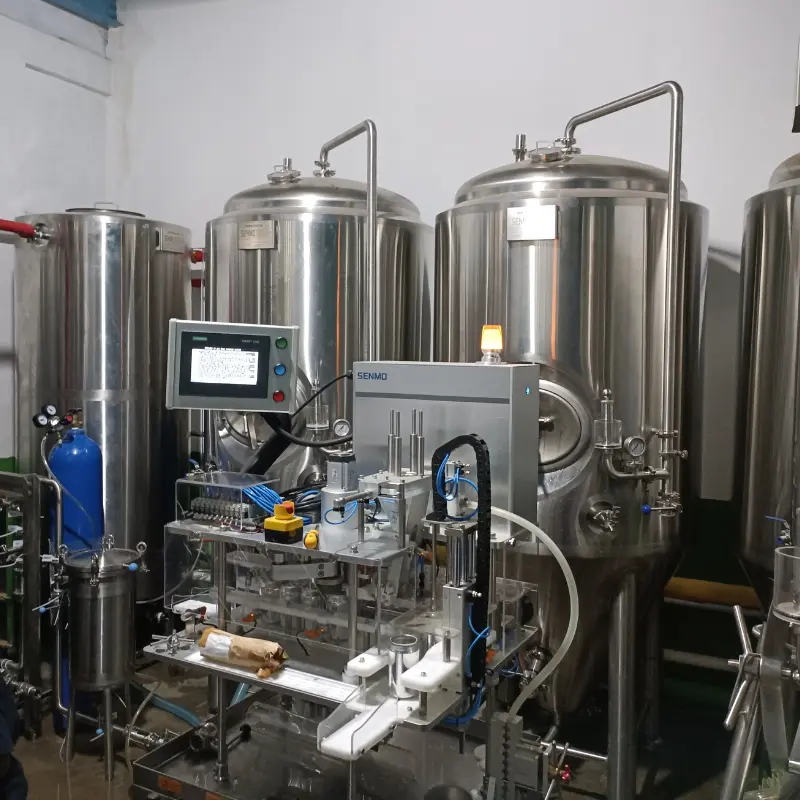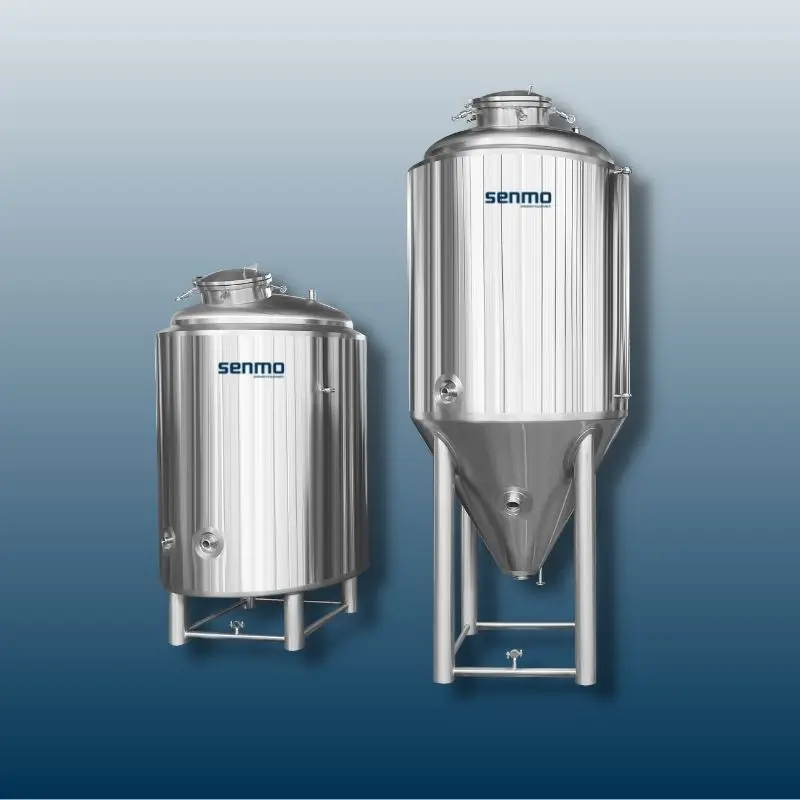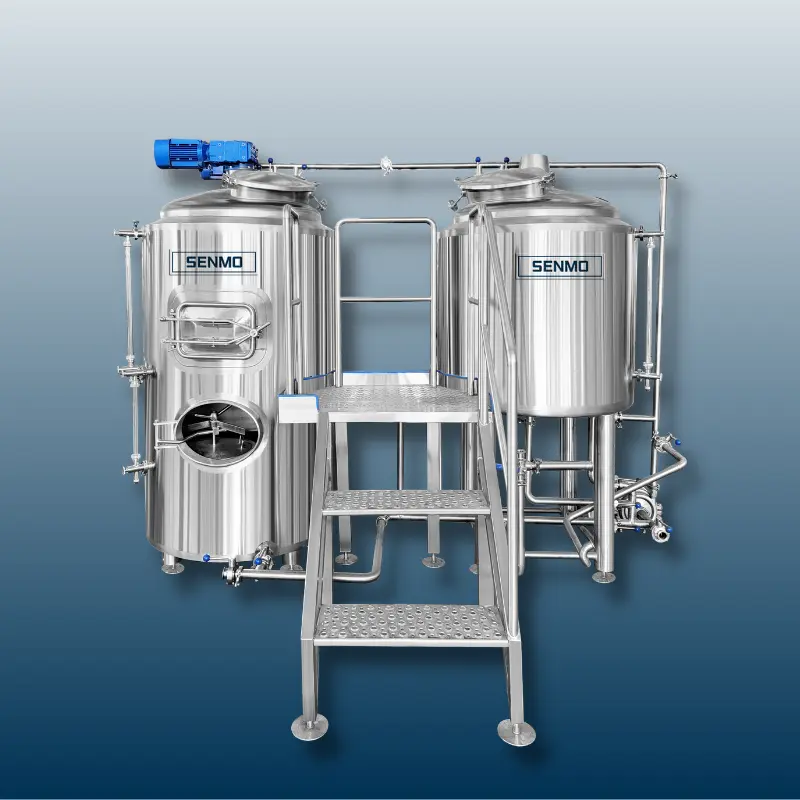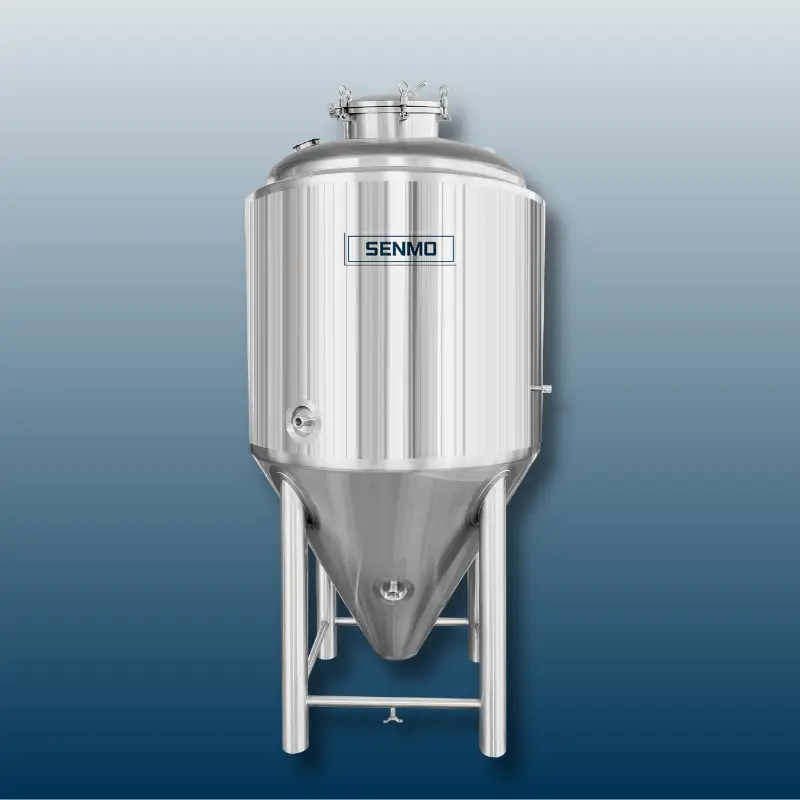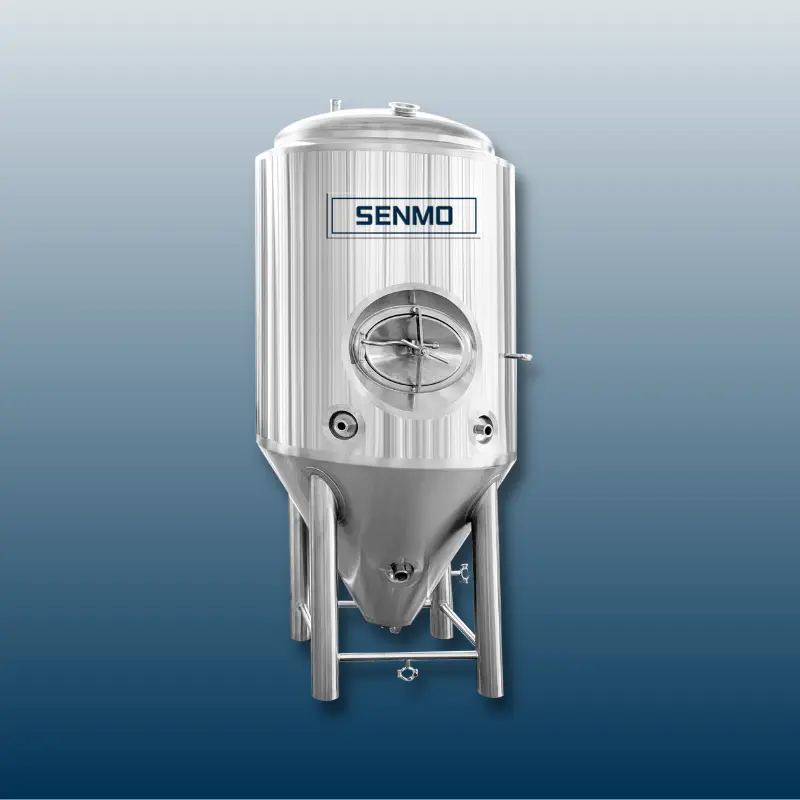Starting a nano brewery can be an exciting venture for those looking to turn their passion for brewing into a business. In the UK, the demand for craft beer has been growing steadily, creating an opportunity for small breweries to thrive. If you're considering starting a nano brewery in the UK, there are several things you need to consider before you get started. Now, we'll discuss how to start a nano brewery in the UK.
What is a Nano Brewery?
Before we dive into the details of starting a nano brewery, let's first define what it is. A nano brewery is a small-scale brewery that produces beer in small batches, typically less than 400 gallons per month. Unlike larger breweries that distribute their products nationally in UK, nano breweries usually sell their beer on-site or at local pubs and restaurants. They often have a strong focus on creating unique, high-quality craft beer and building a loyal local customer base.
Step 1: Research the Market
The first step in starting a nano brewery is to research the market in UK. You need to understand the demand for craft beer in your local area and identify potential competitors. You should also research the types of beer that are most popular and identify gaps in the market that you can fill with your unique products. You can also attend local beer festivals and events to network with other brewers and get a sense of what consumers are looking for.
Step 2: Write a Business Plan
Once you've done your market research, it's time to write a business plan. Your business plan should outline your goals, target market in UK, financial projections, and marketing strategy. You should also include details on your brewing process, equipment, and ingredients. A well-written business plan will help you secure funding and attract potential investors. This is an important step to start a nano brewery.
Step 3: Choose a Location
Choosing the right location is crucial for the success of your nano brewery. You should look for a location that is easily accessible to customers and has enough space for your brewing equipment and taproom. You should also consider the local zoning laws and licensing requirements for operating a brewery in that area of UK.
Step 4: Obtain Licenses and Permits
In the UK, breweries must obtain a variety of licenses and permits to operate legally. This includes a premises license, personal license, and a beer production license from the HM Revenue and Customs (HMRC). You may also need planning permission from your local council, as well as health and safety permits and insurance. This is also a necessary step for starting your nano brewery.
Step 5: Purchase Equipment
The equipment you need will depend on the scale of your operation and the types of beer you plan to produce. At a minimum, you'll need brewing kettles, fermenters, a bottling or canning line, and a cooling system. You may also need kegs, taps, and other dispensing equipment for your taproom. If you have any questions about purchasing beer equipment, we can help you.
Step 6: Hire Employees
As your business grows, you may need to hire employees to help with brewing, packaging, and serving customers in your nano brewery. You should consider the skills and experience you need in your employees, as well as their availability and cost. You may also need to invest in training and development to ensure your employees can provide high-quality service and produce excellent beer for UK customers.
Step 7: Market Your Brewery
Marketing is critical for the success of your nano brewery. You should consider the different channels you can use to promote your brand, such as social media, local advertising, and partnerships with local businesses in UK. You can also host events and tastings to build your brand and engage with your customers.
Conclusion
Starting a nano brewery in the UK can be a rewarding experience for those with a passion for craft beer. By doing your research, writing a solid business plan, obtaining the necessary licenses and permits, purchasing the right equipment, and hiring the right employees, you can set yourself up for success.

